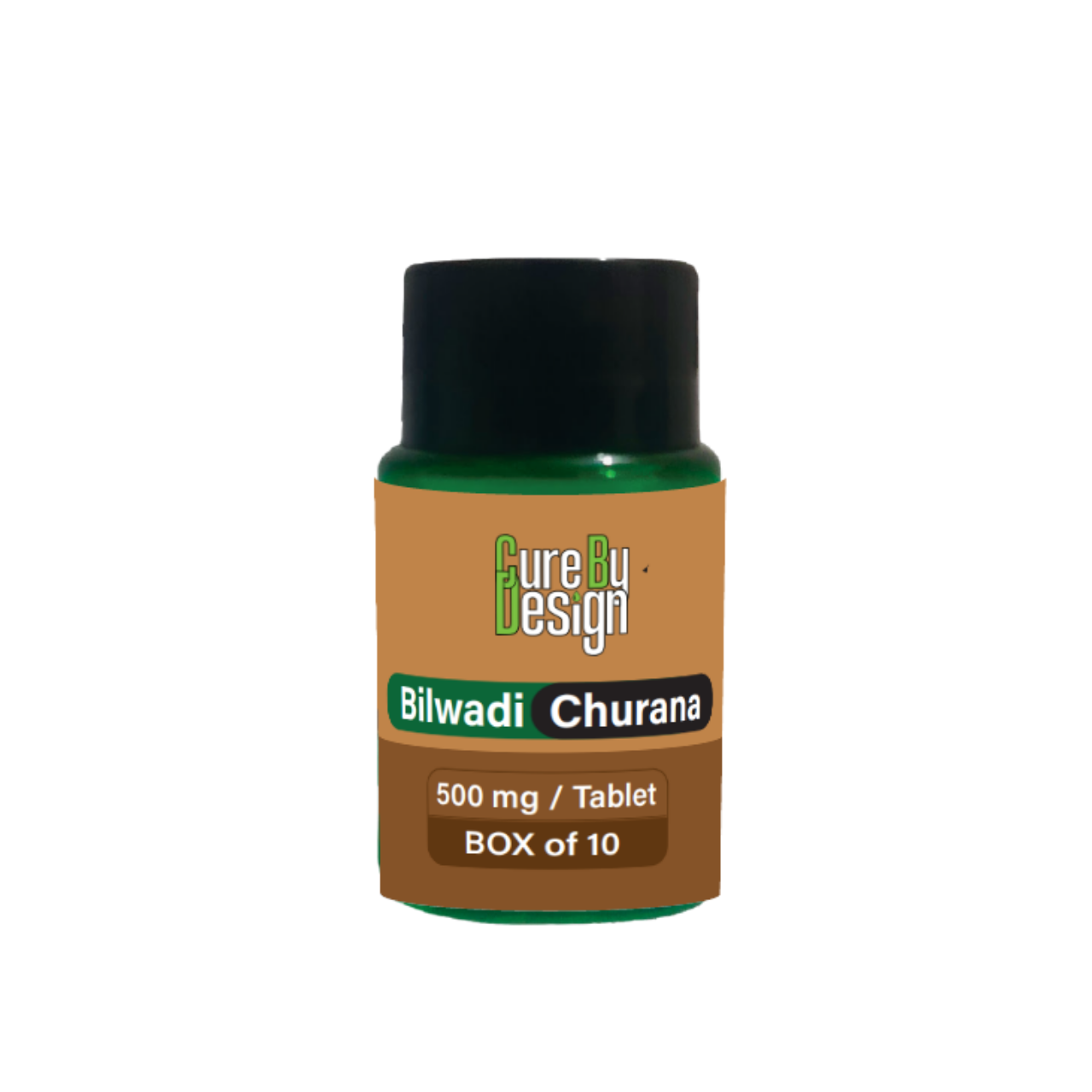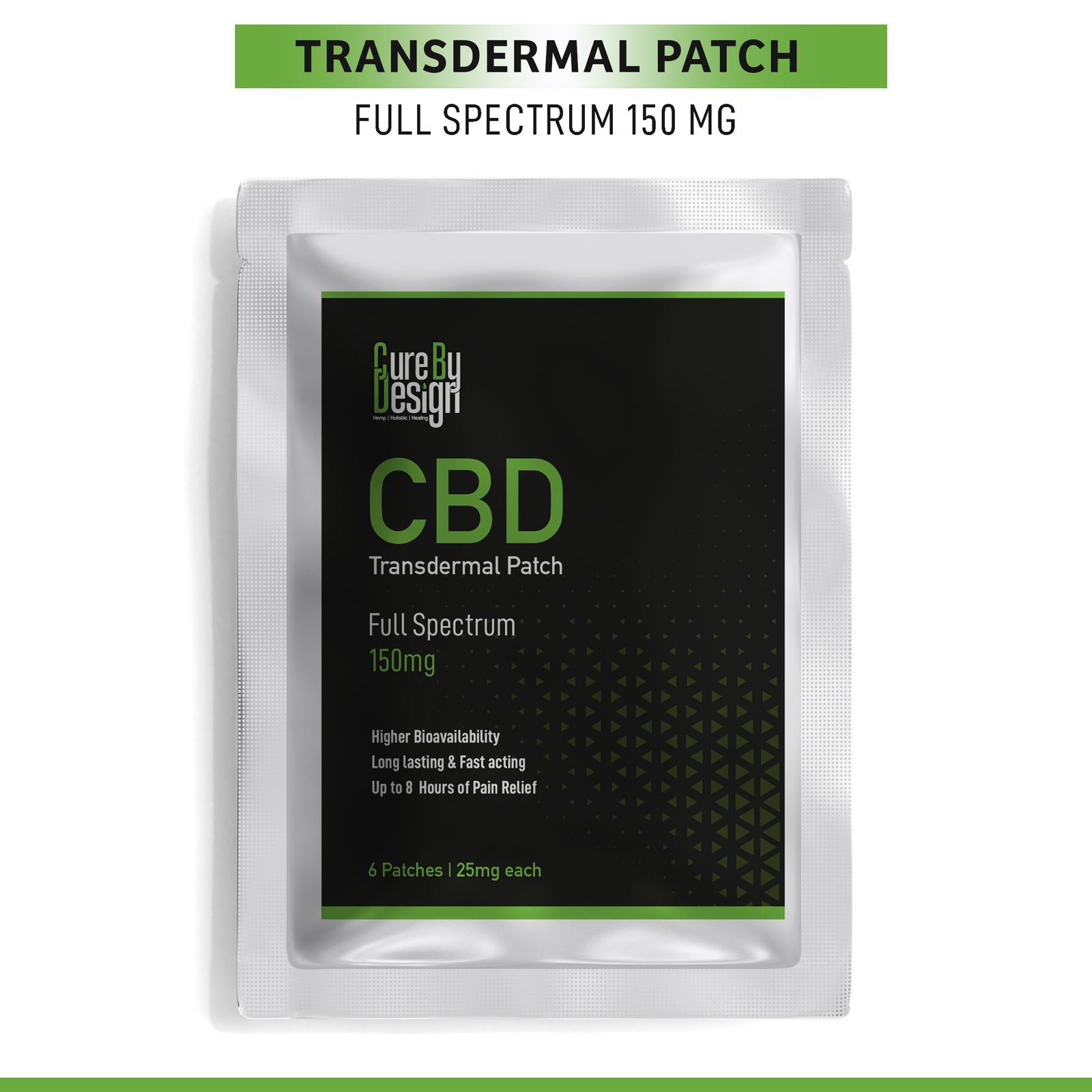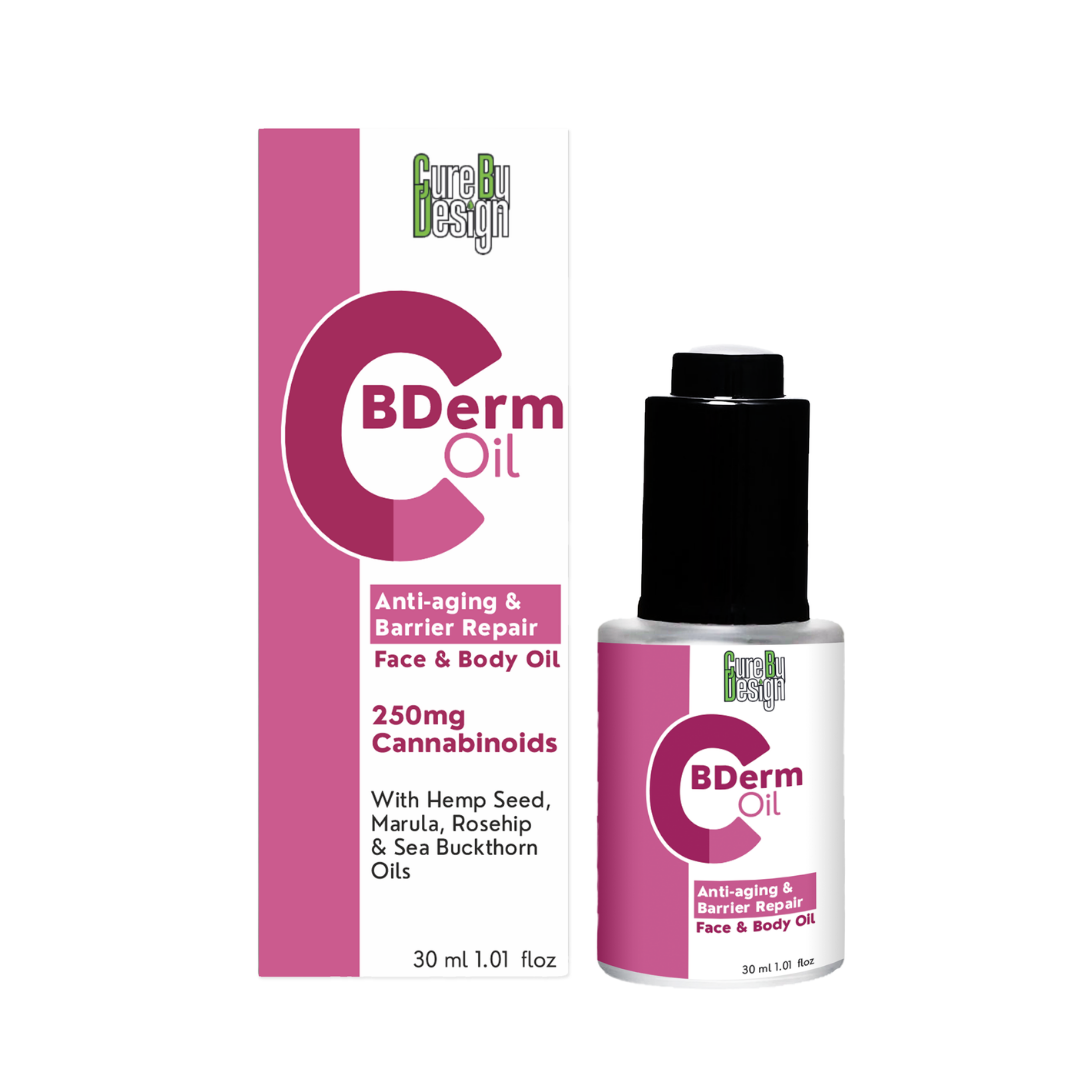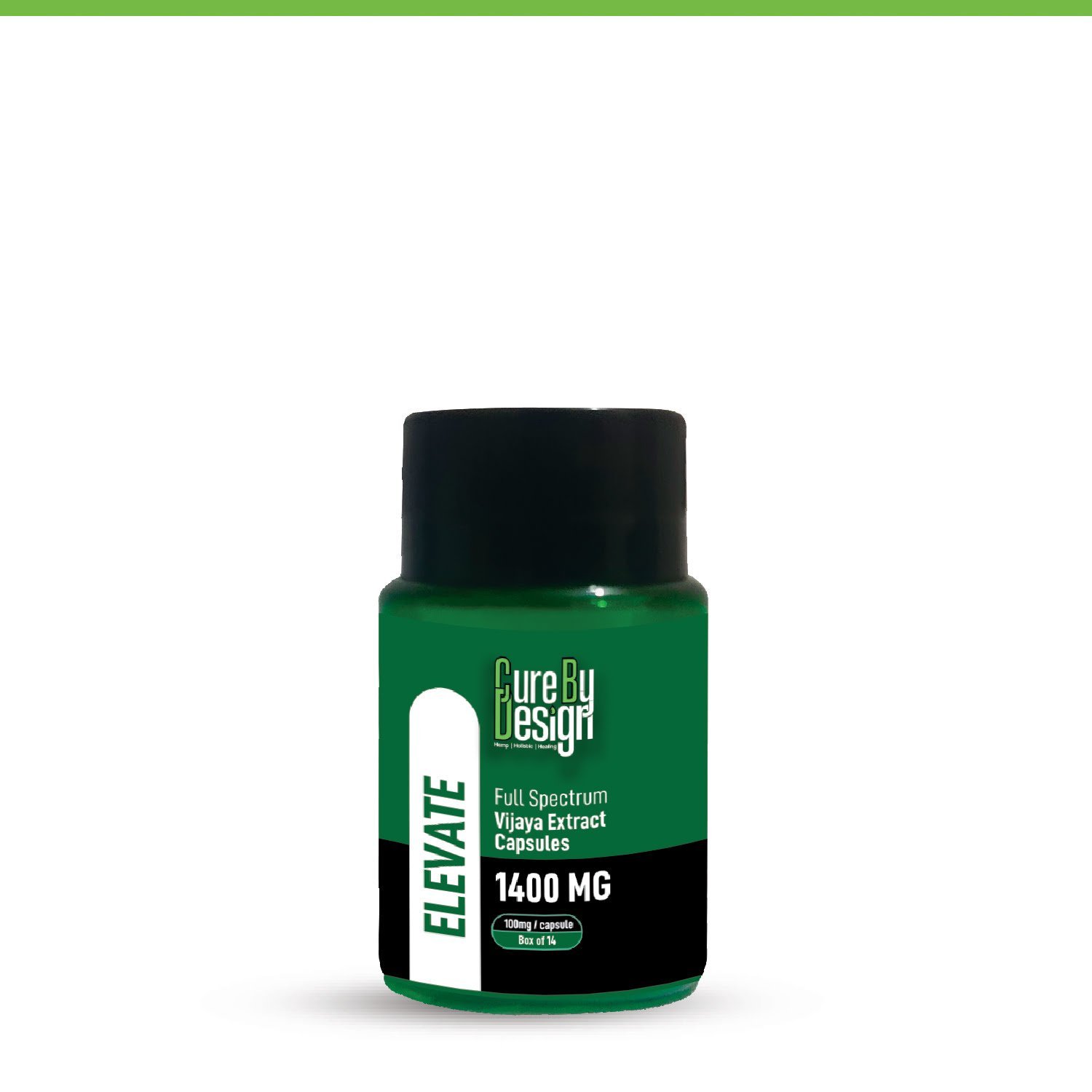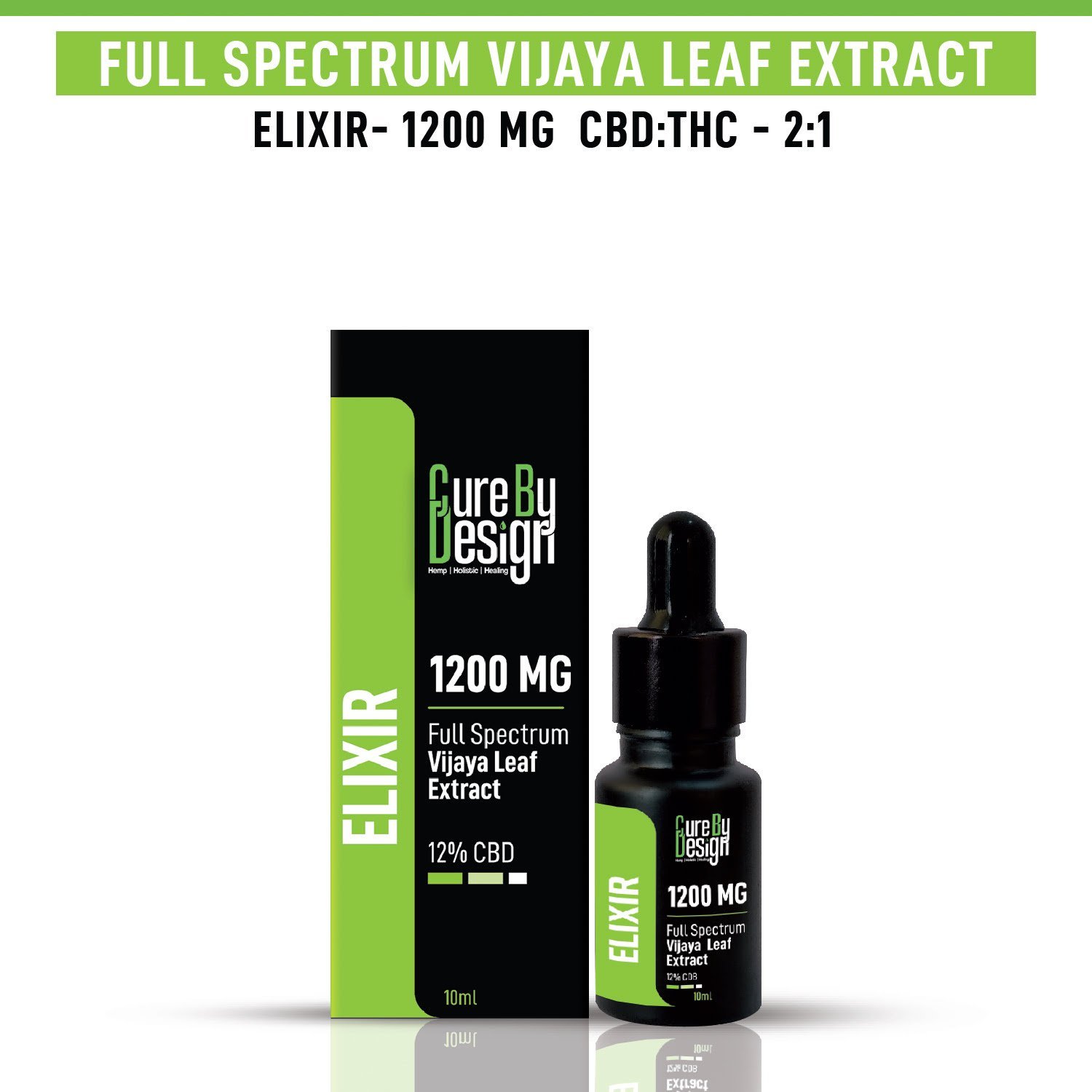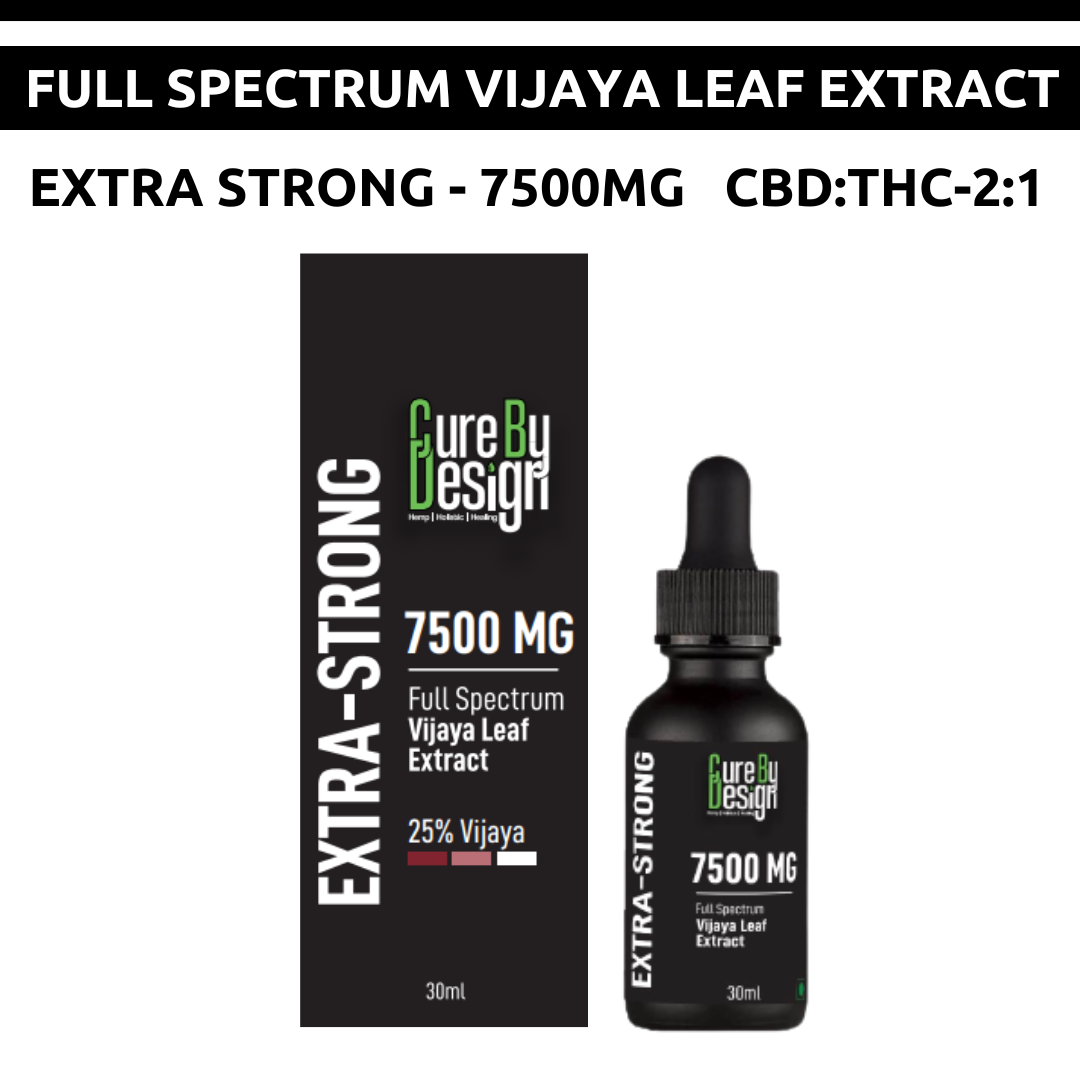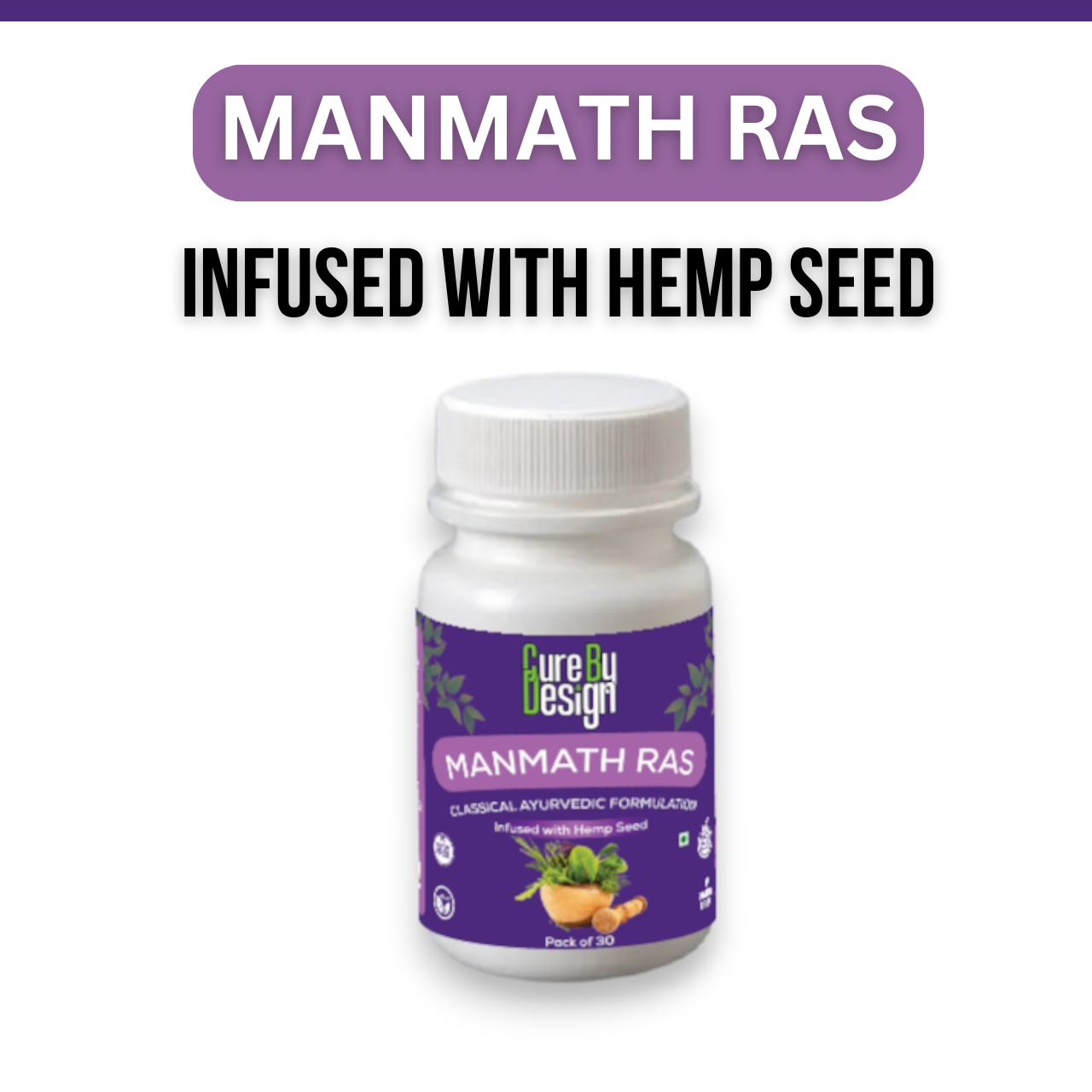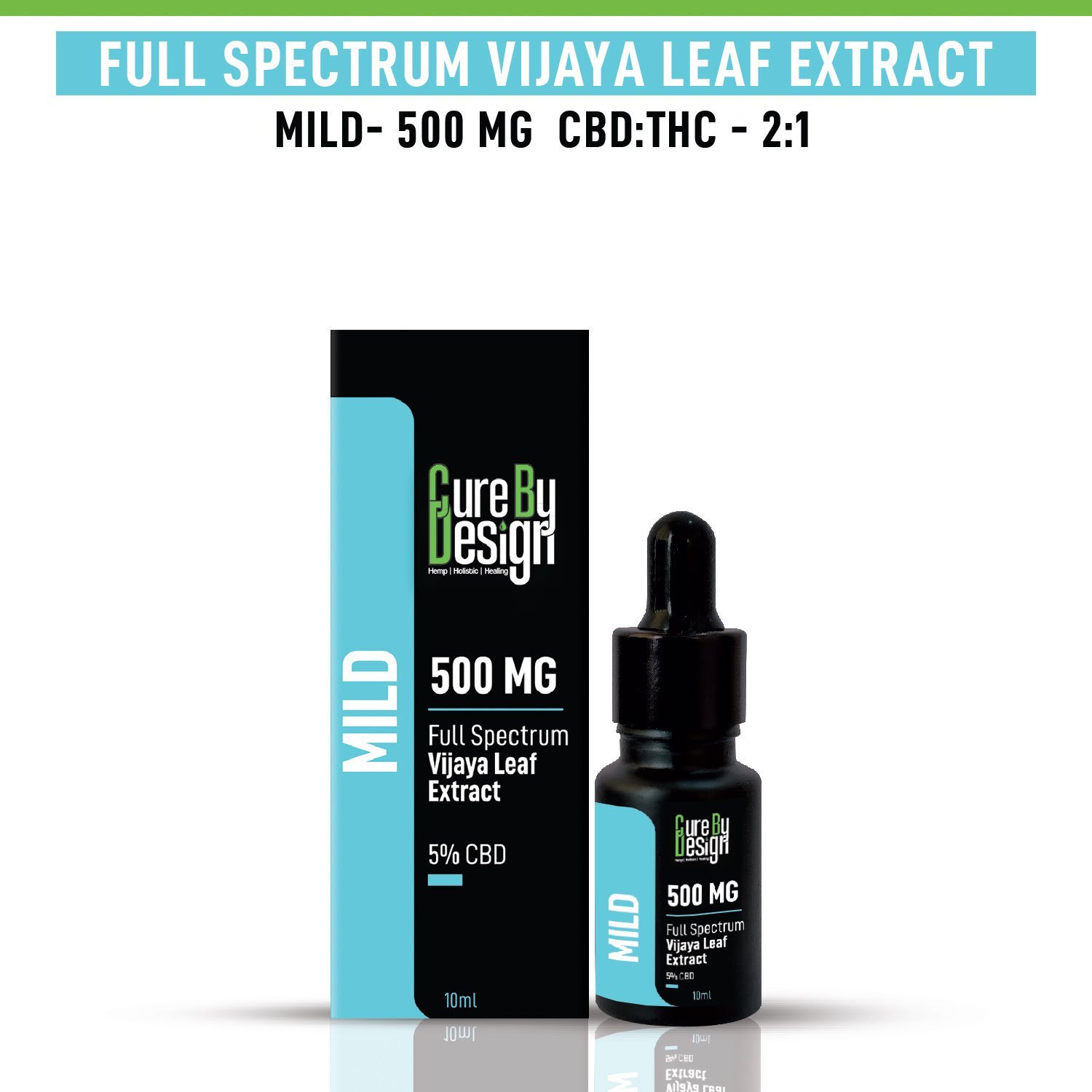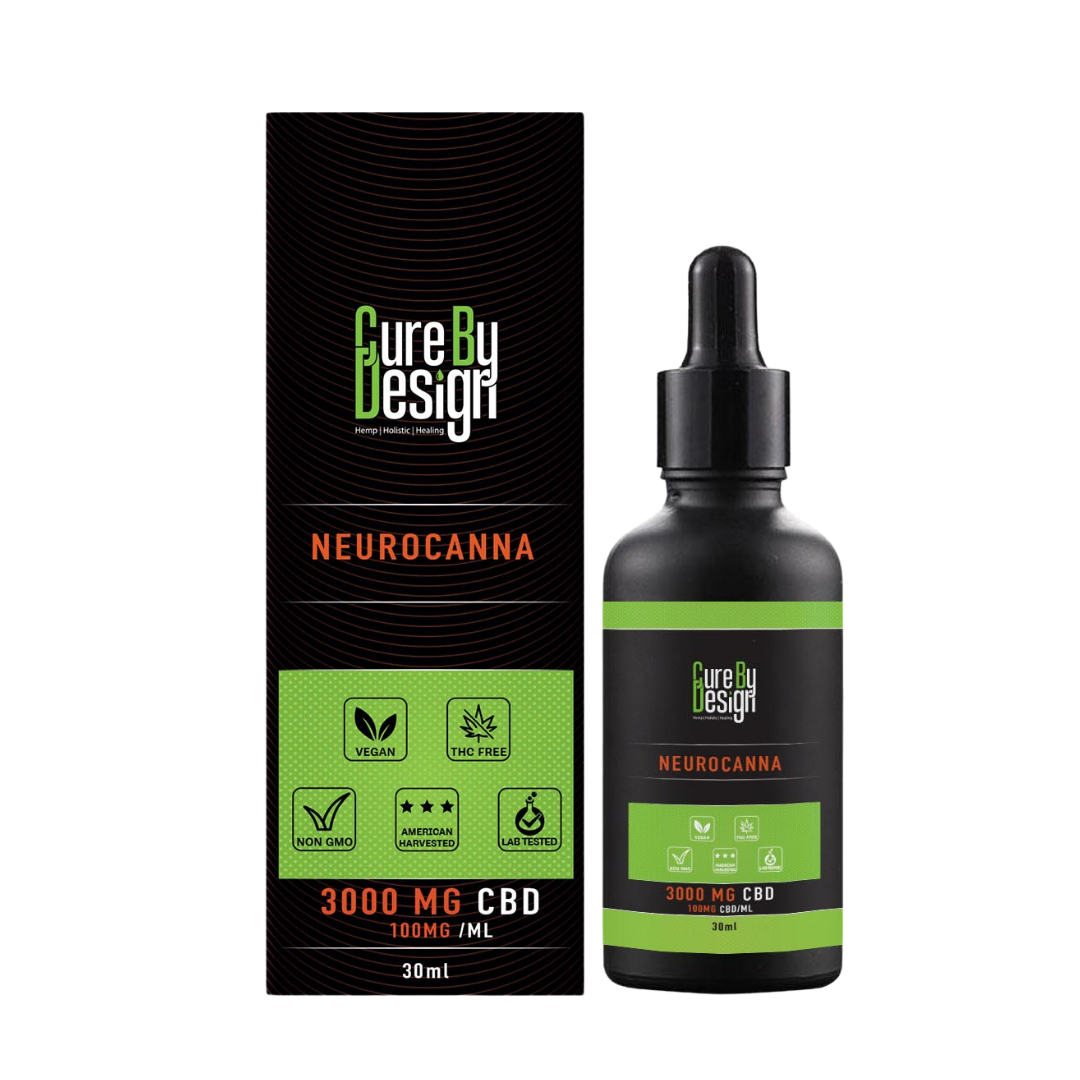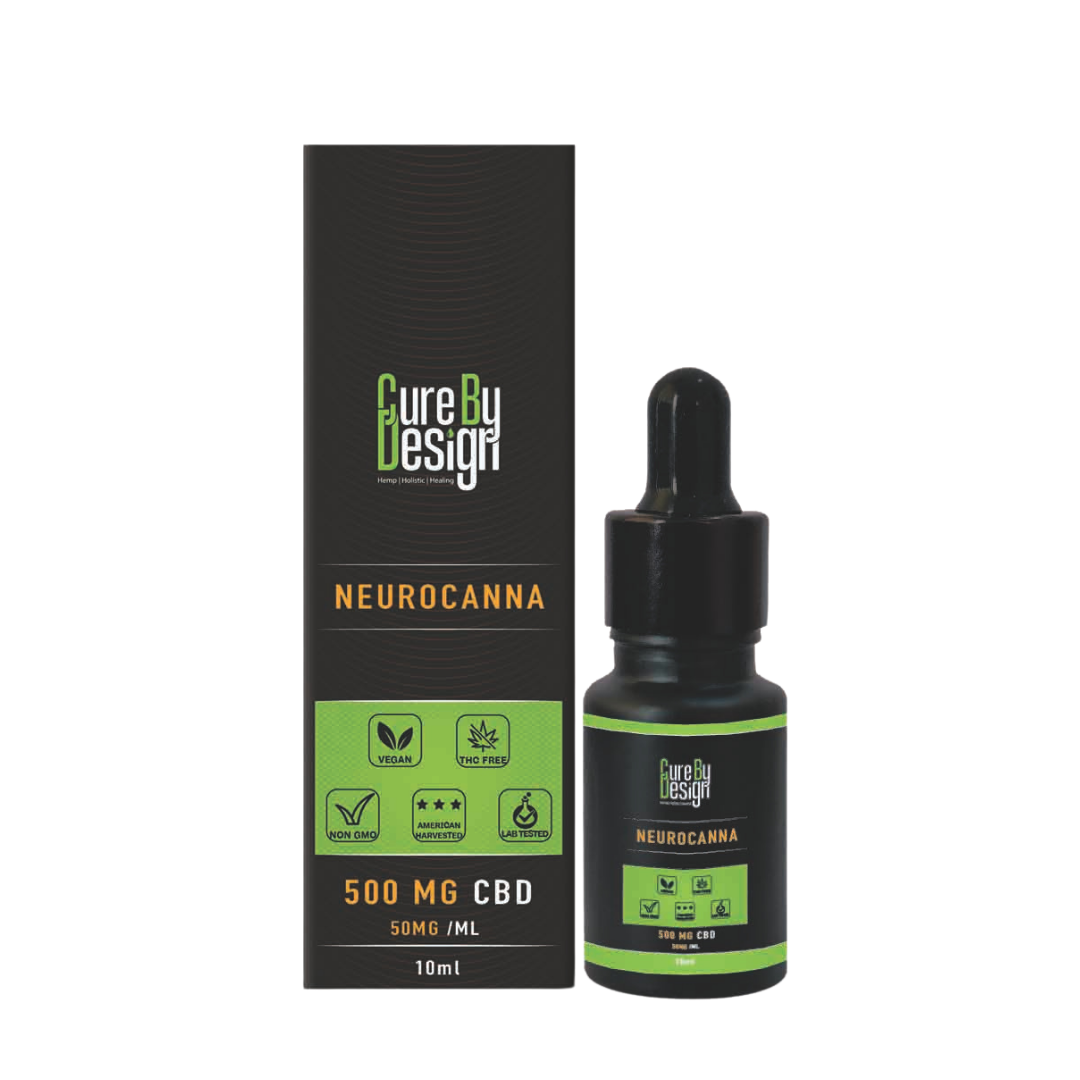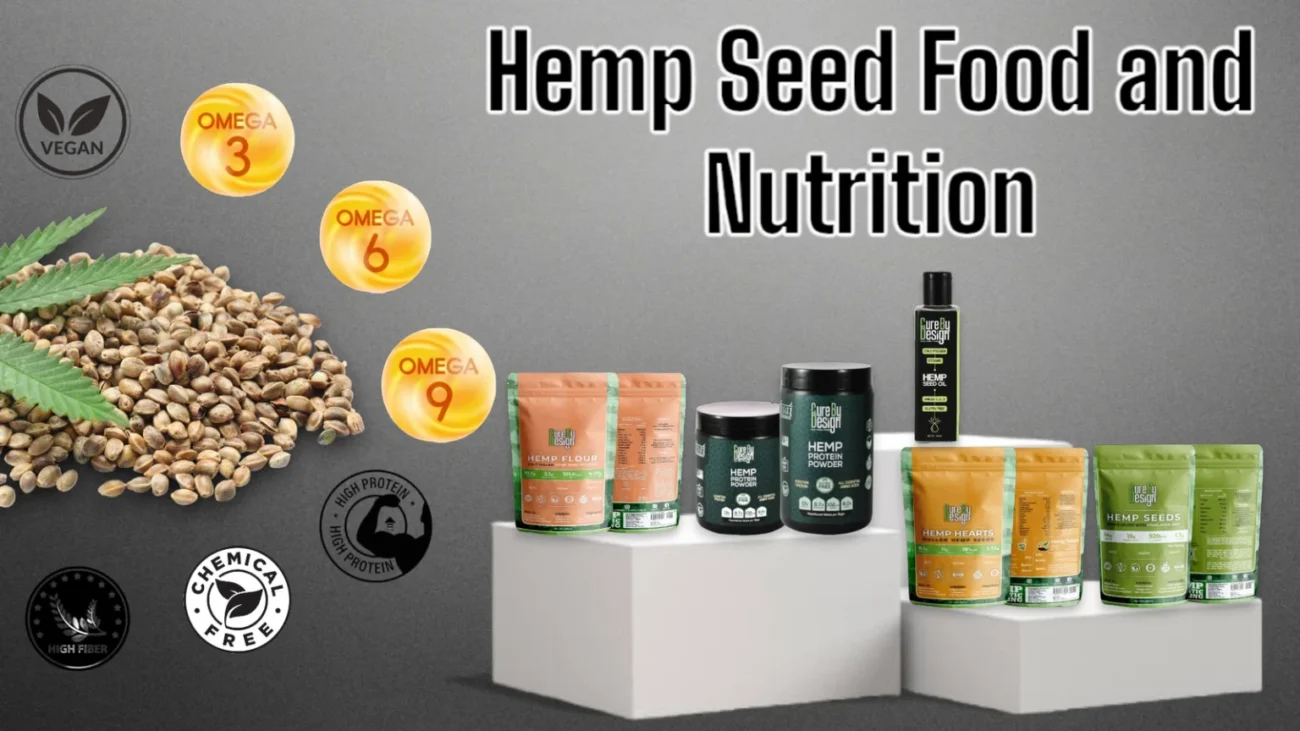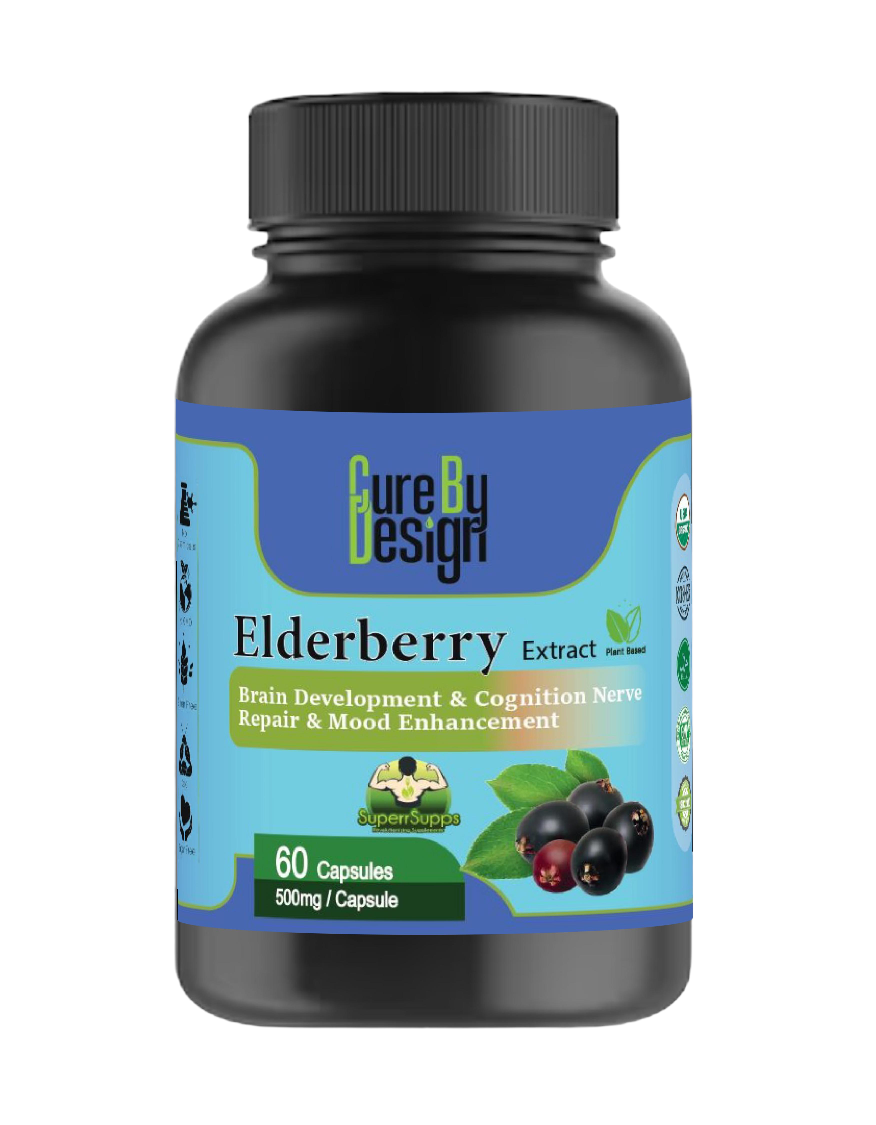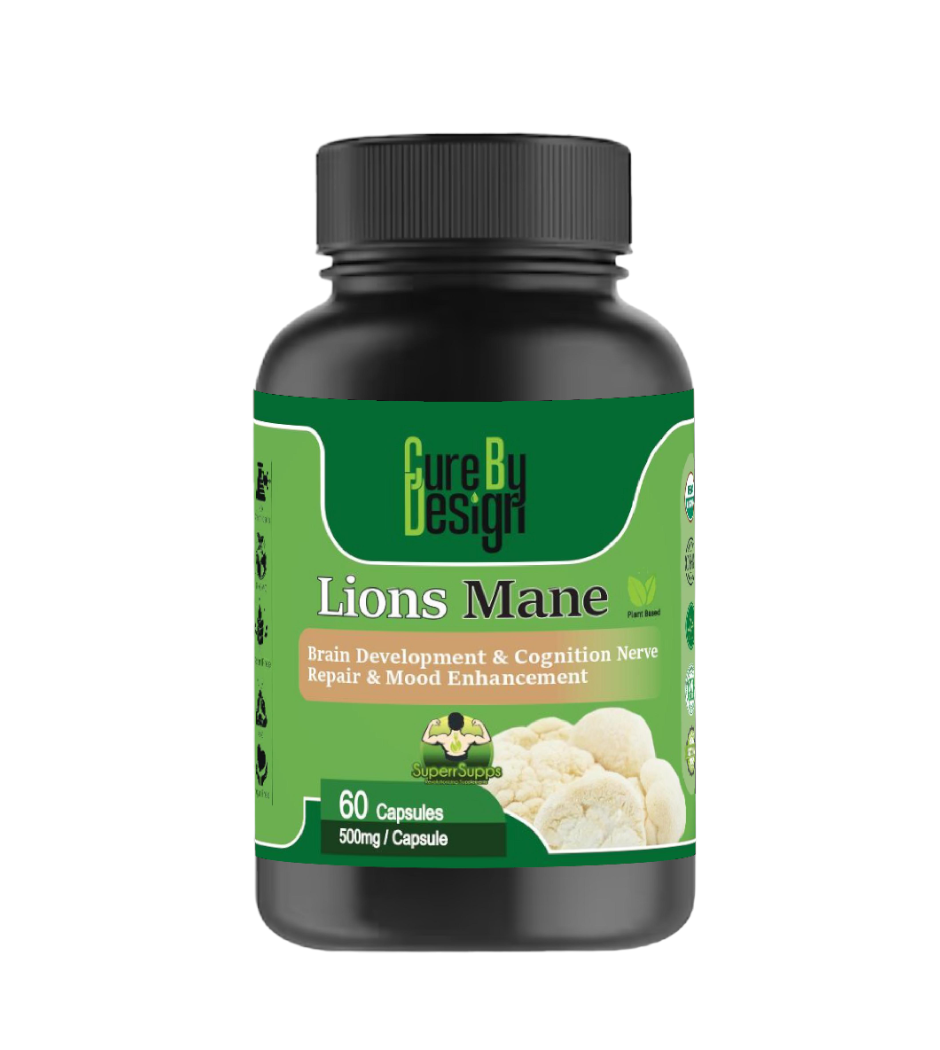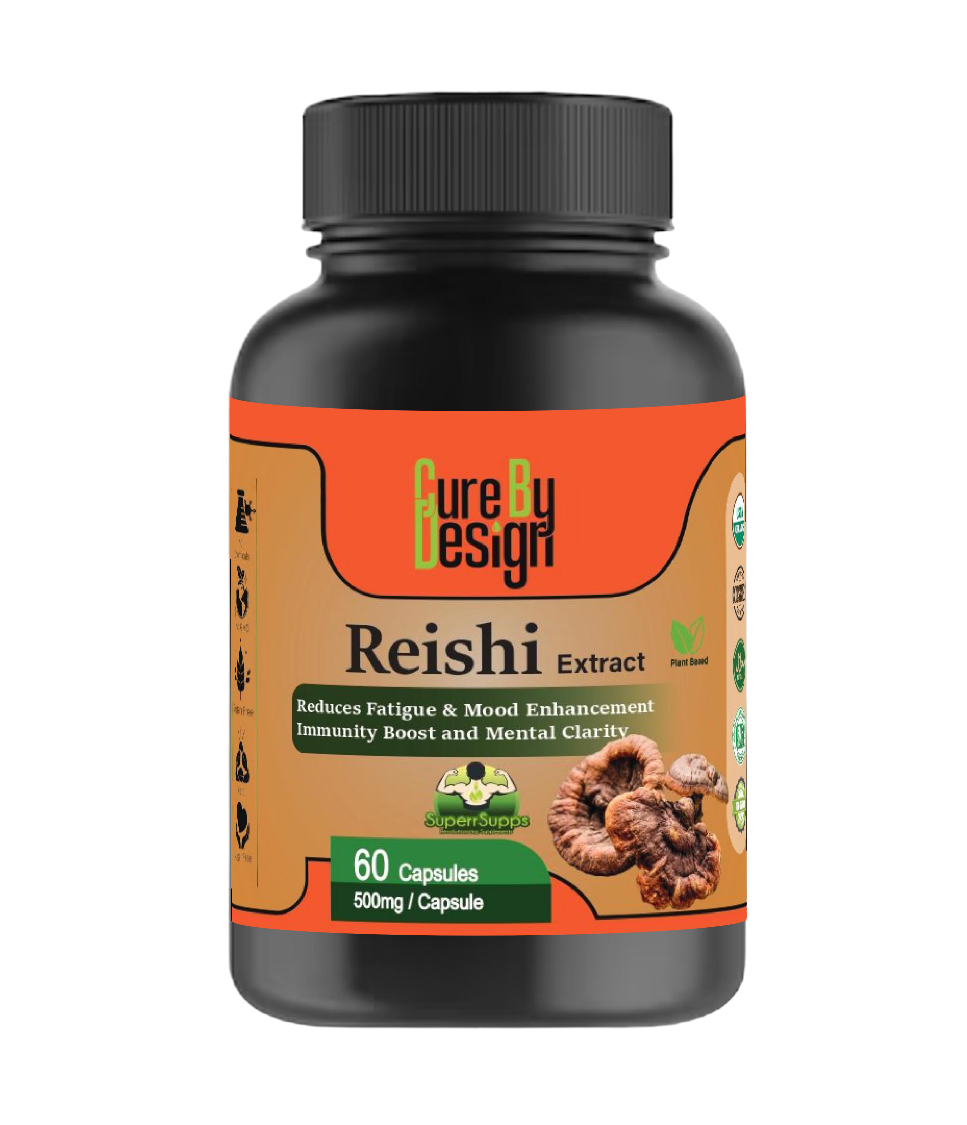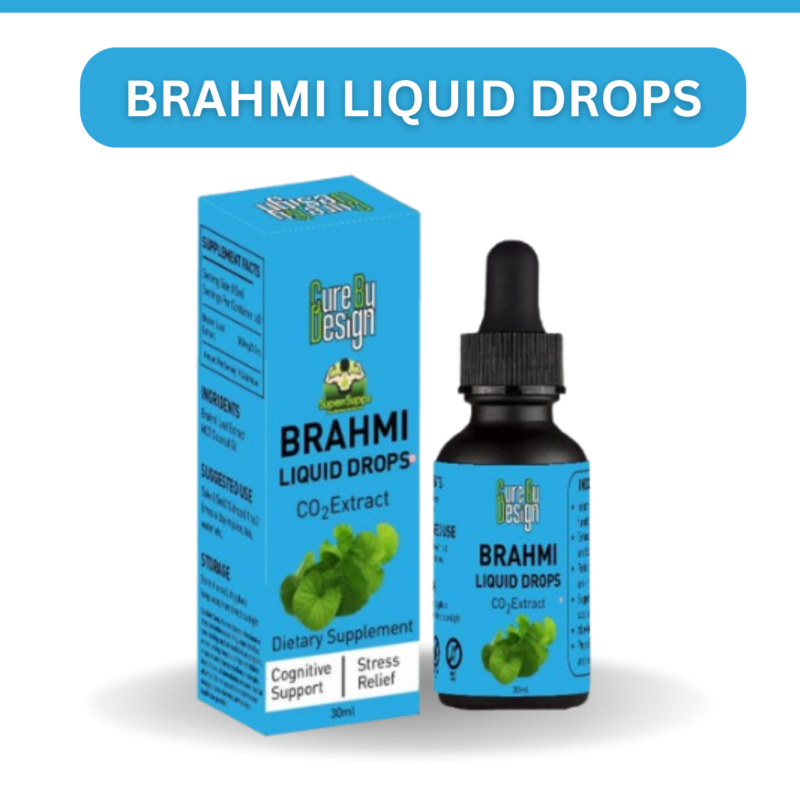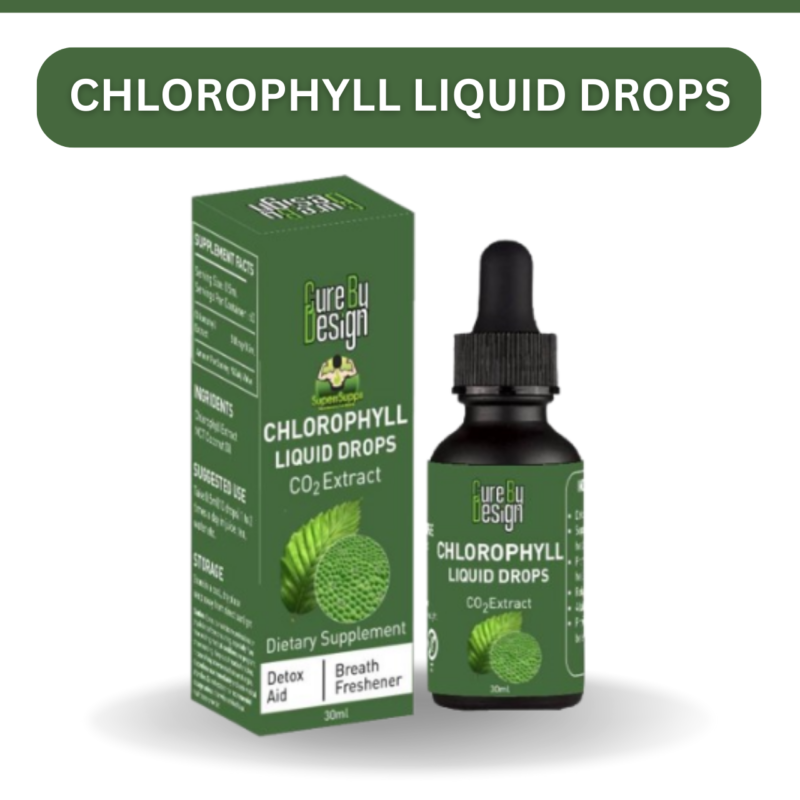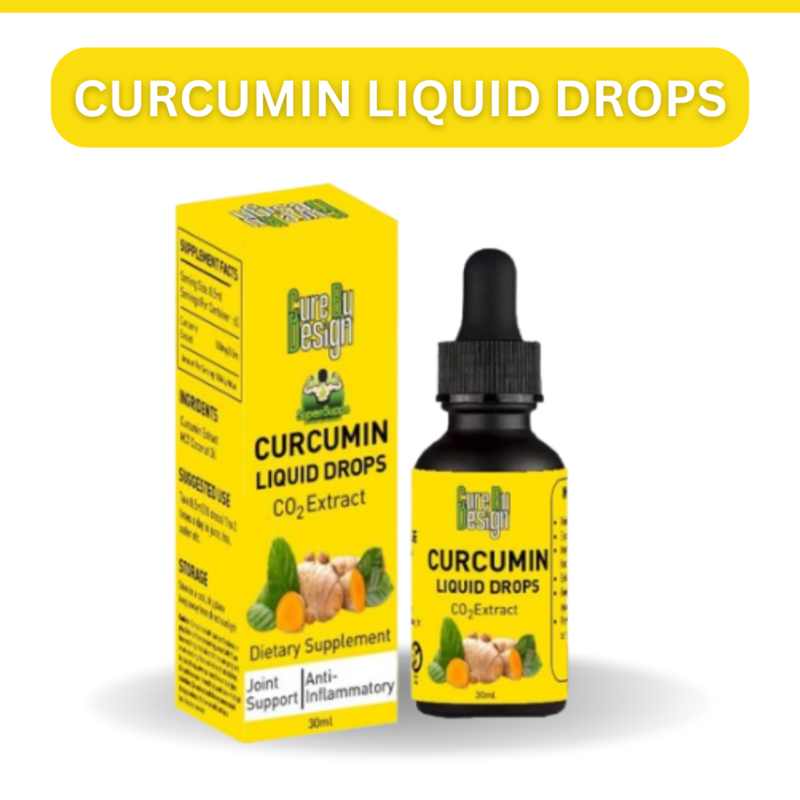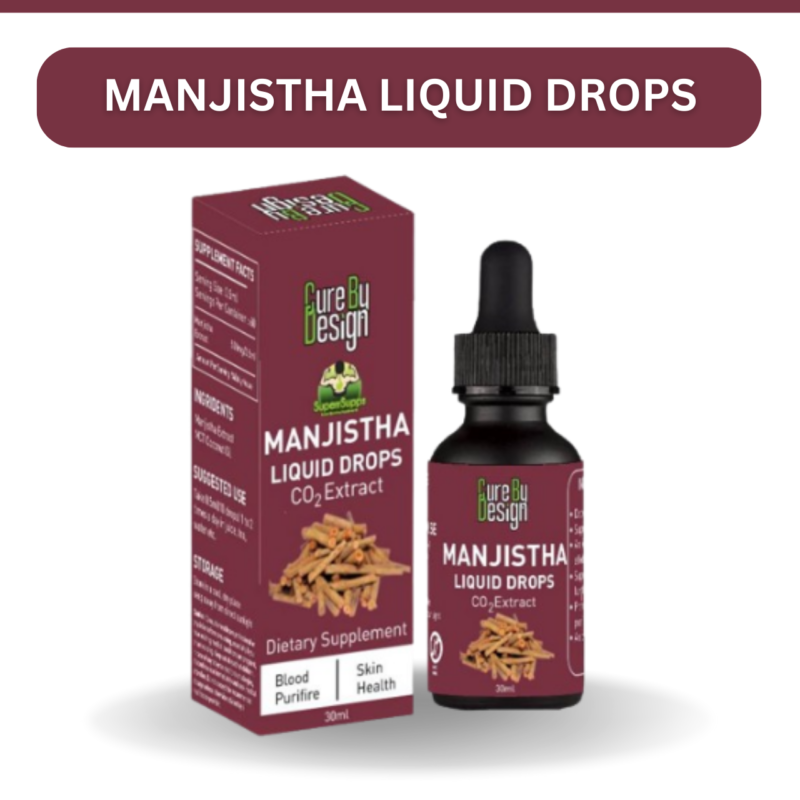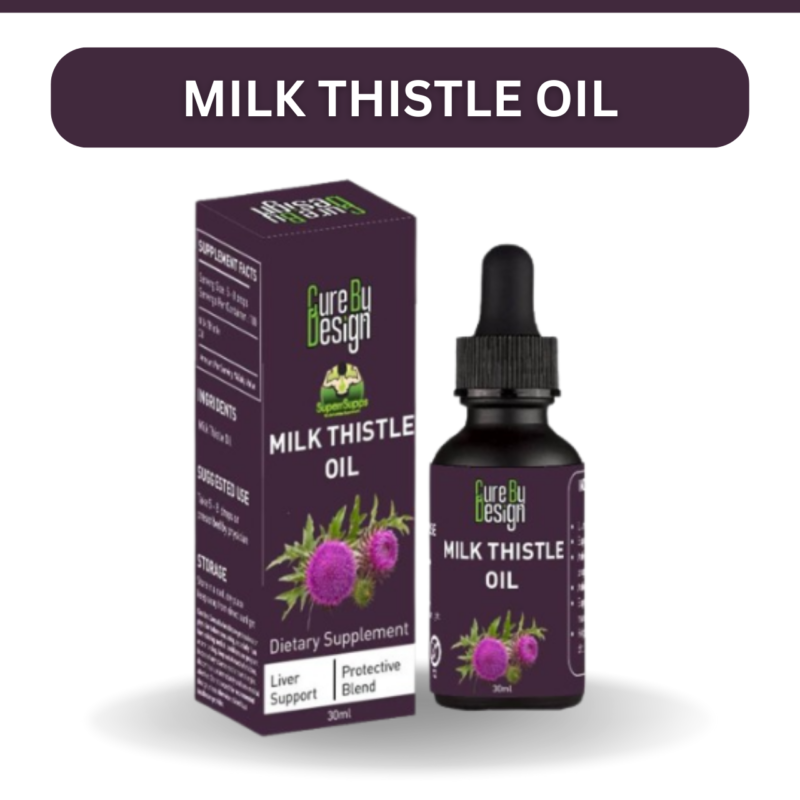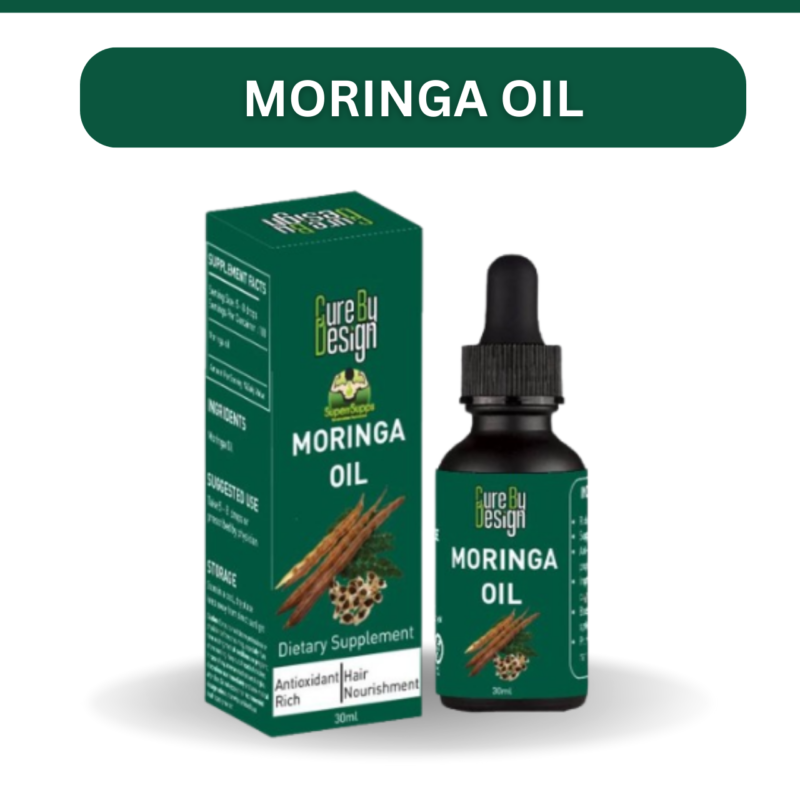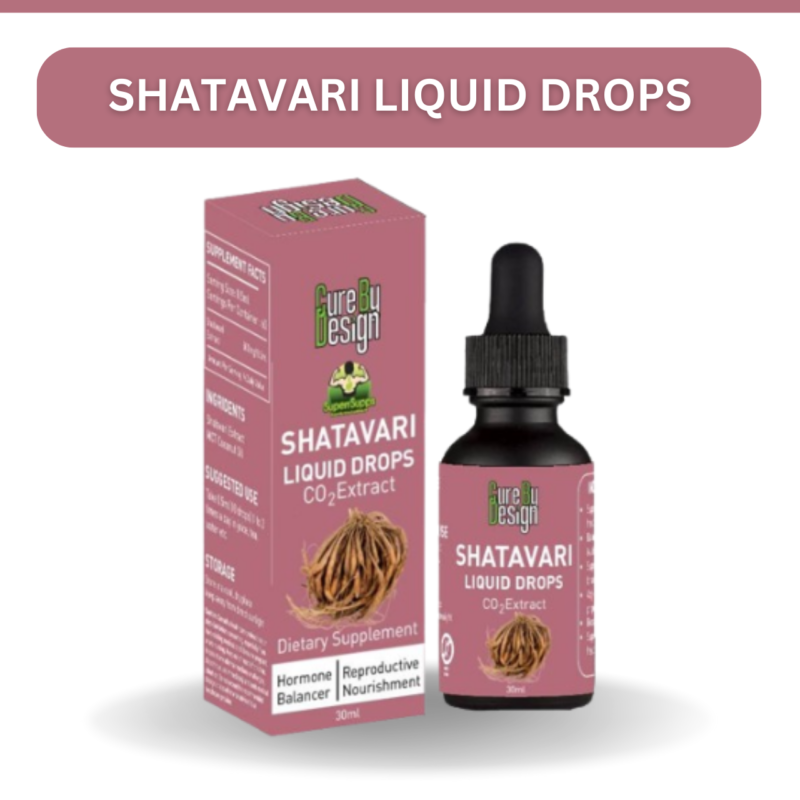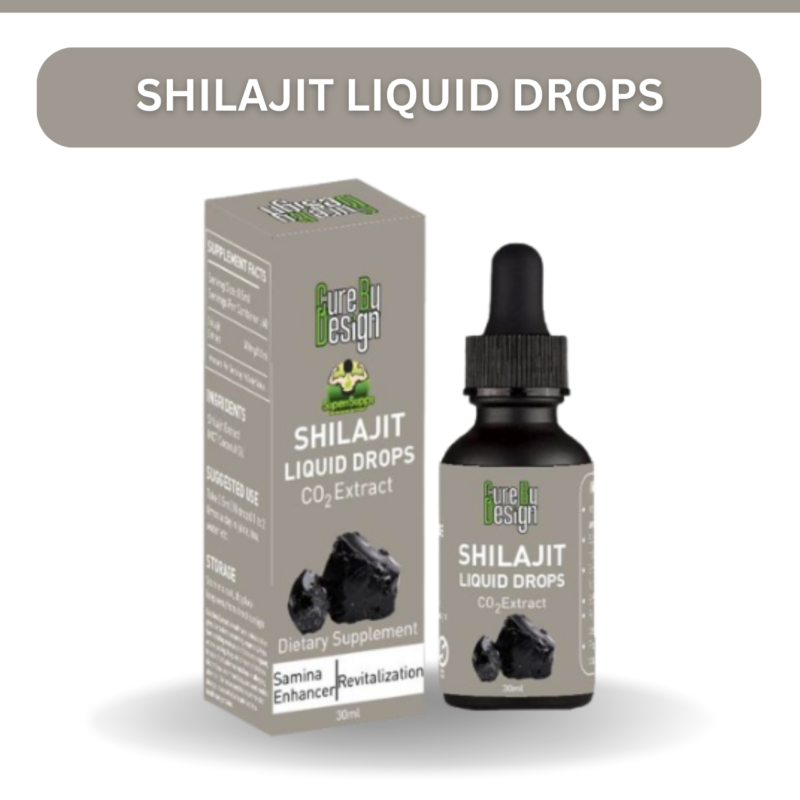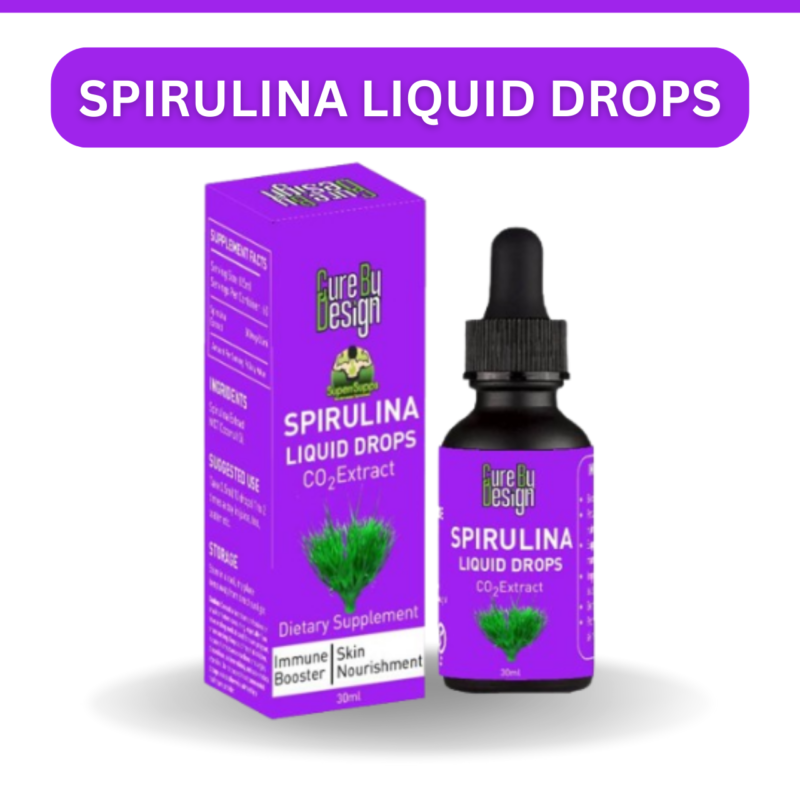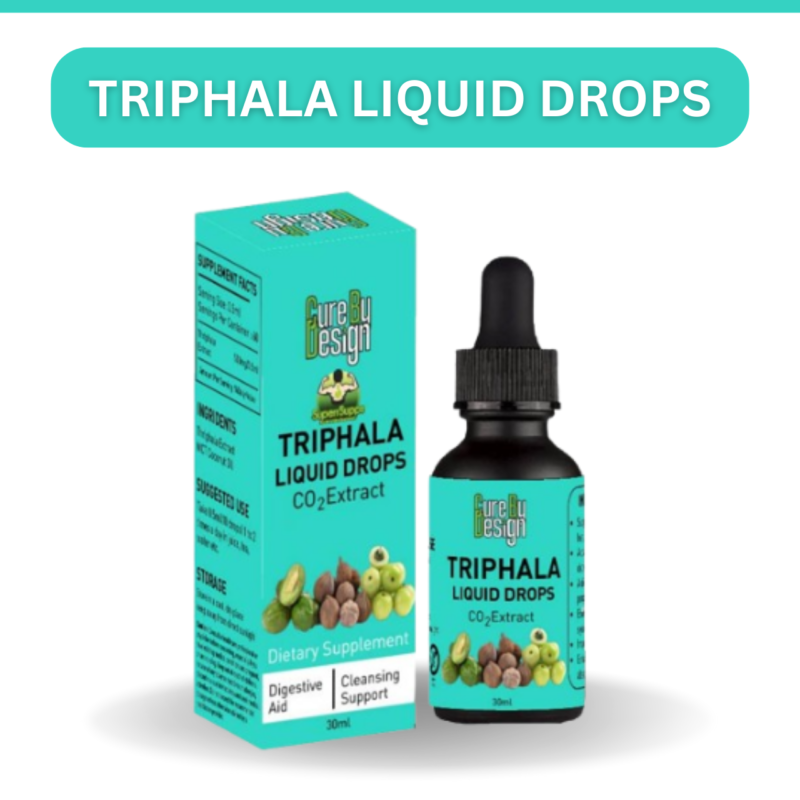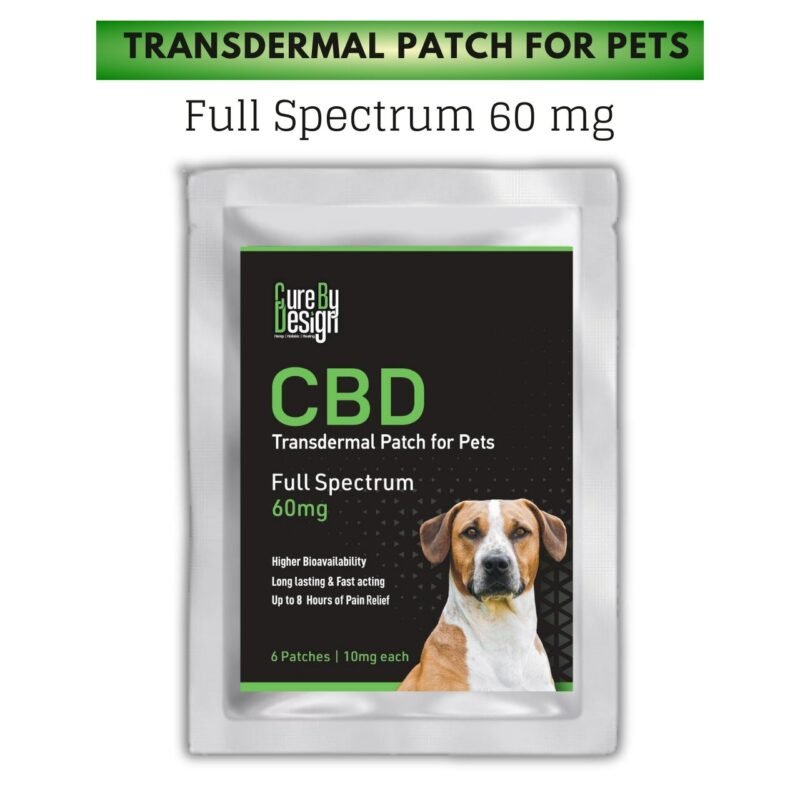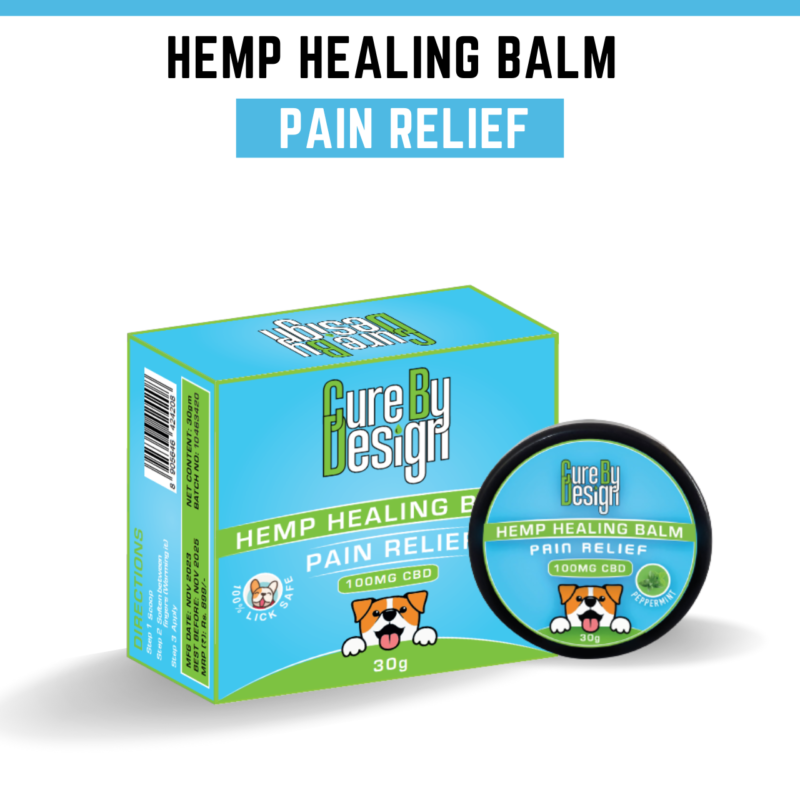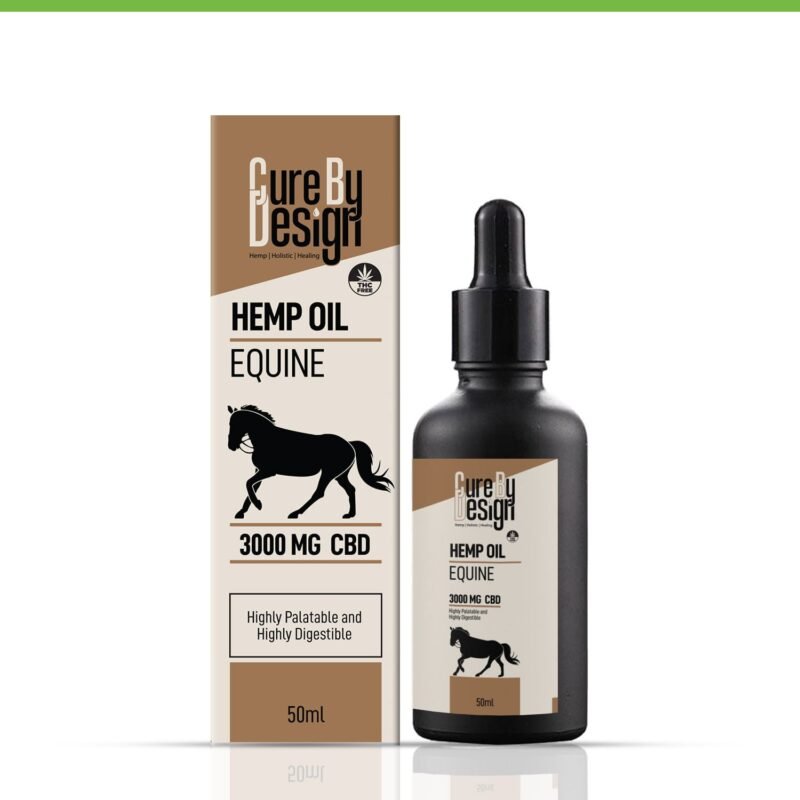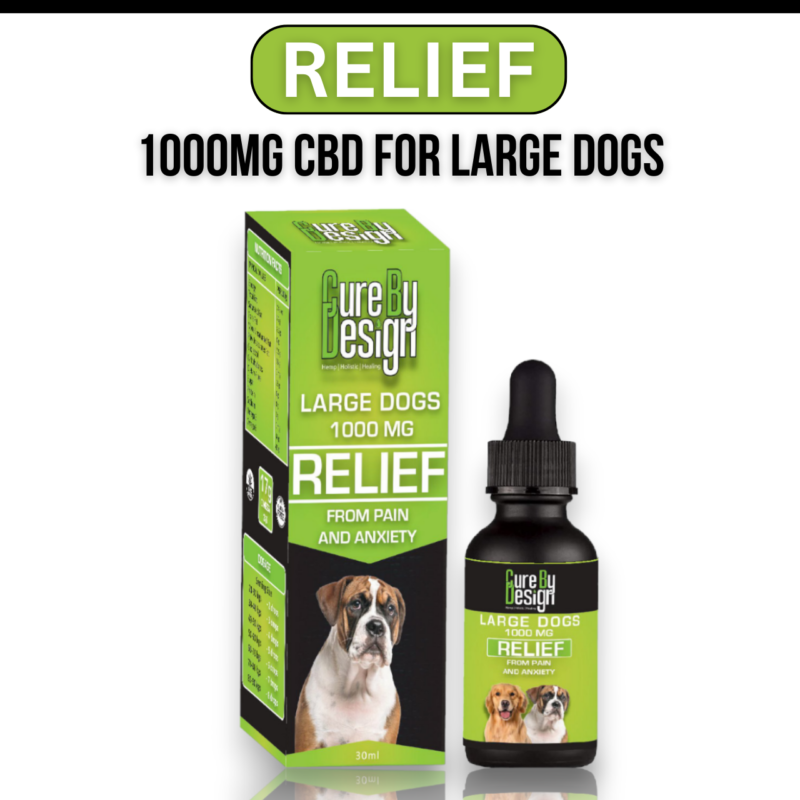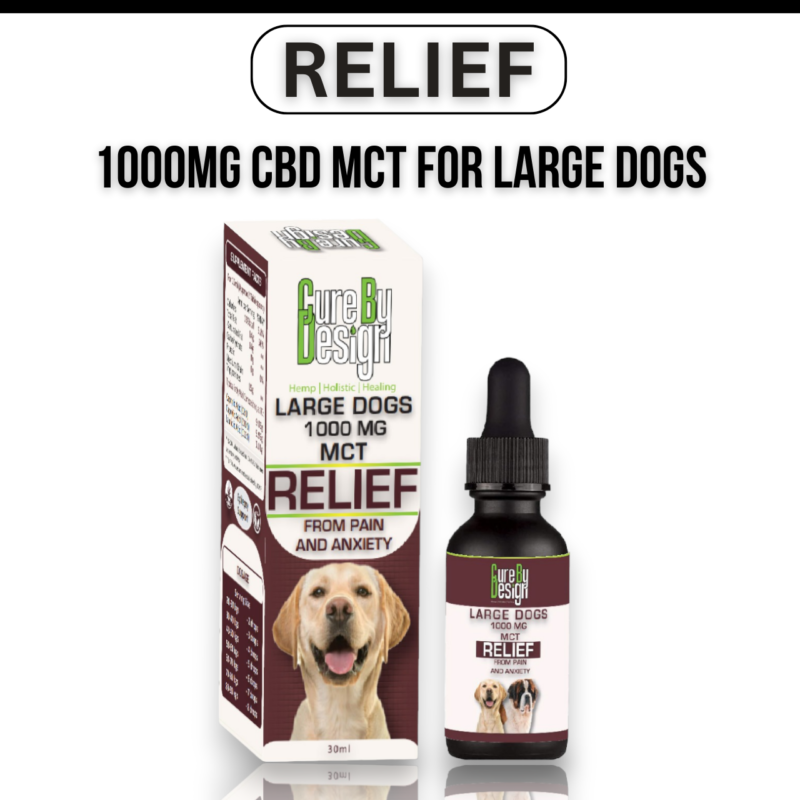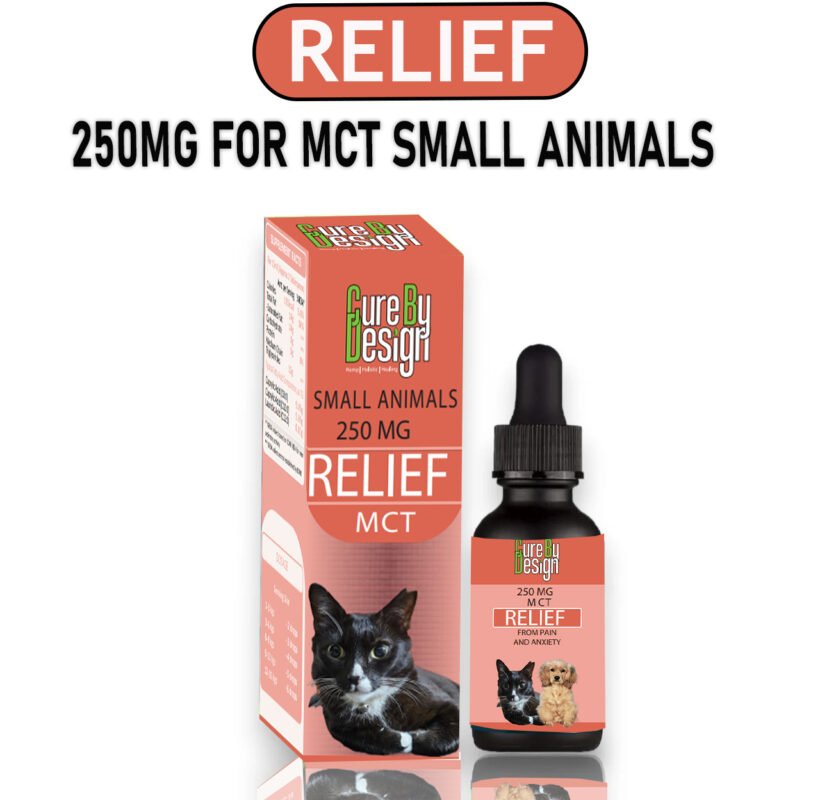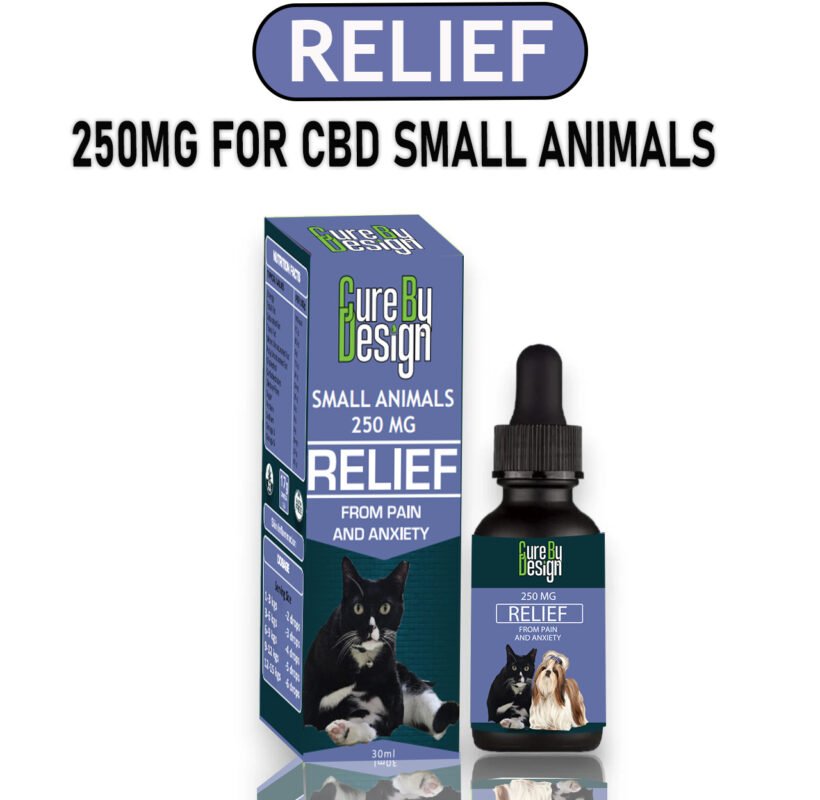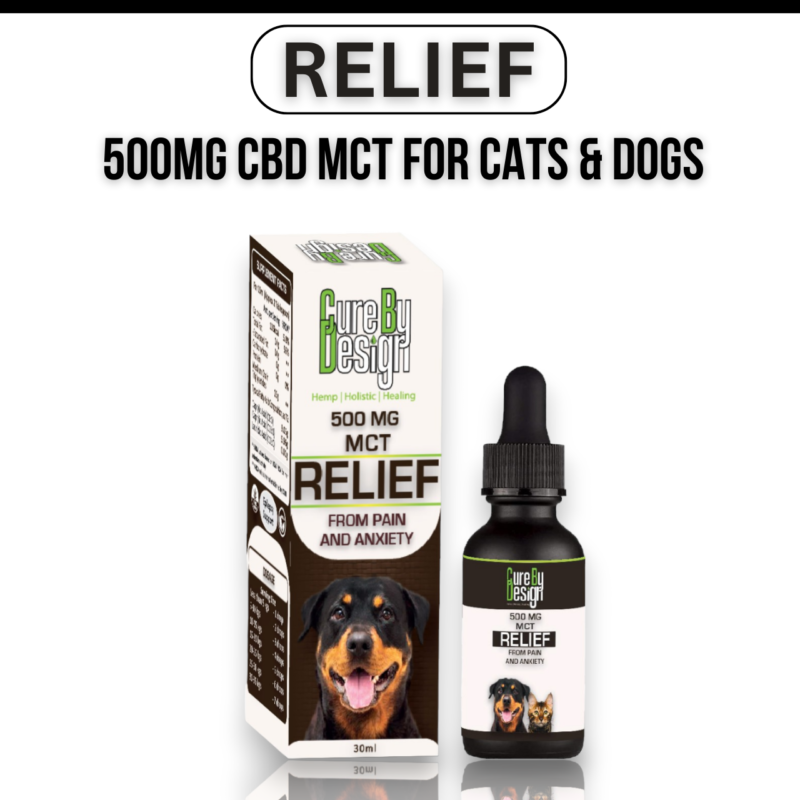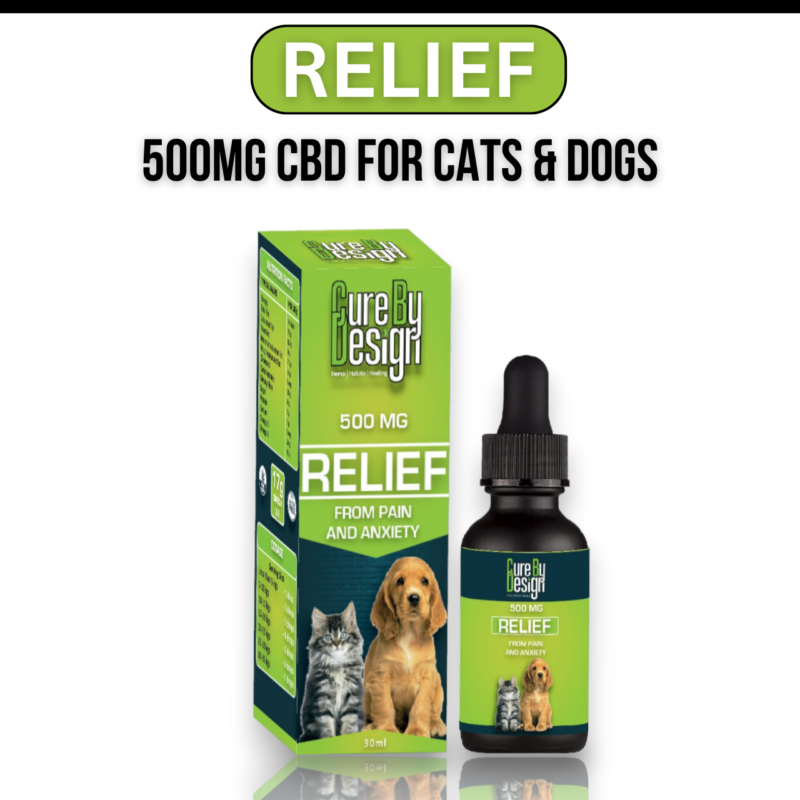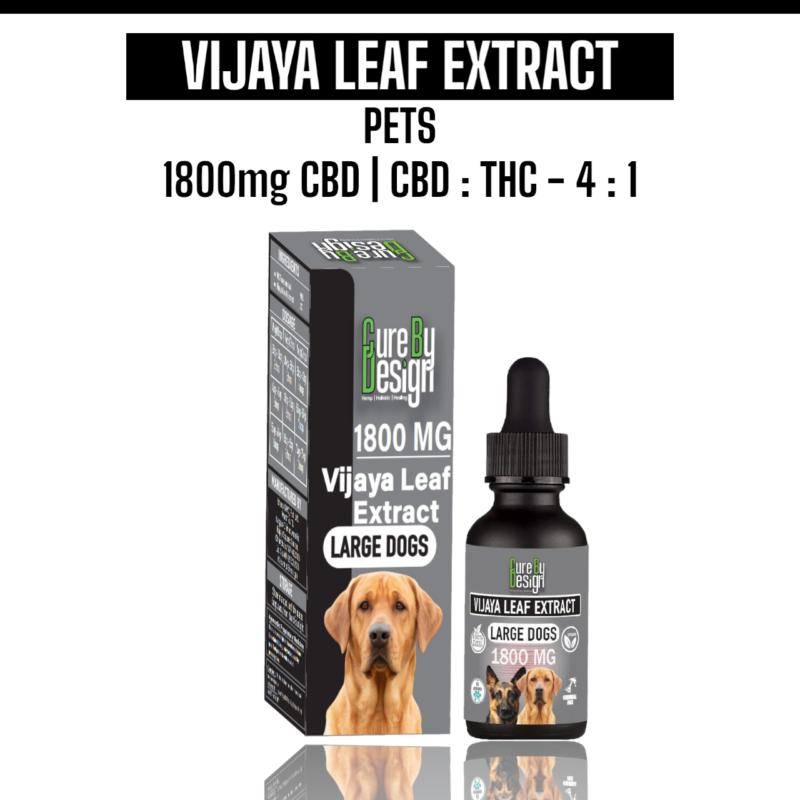THE OMEGA SHOWDOWN: Hemp Seed Oil vs. Fish Oil in 2025

In 2025, the battle between hemp seed oil and fish oil takes center stage, each bringing its own perks to the table. Hemp seed oil boasts a balanced omega-6 to omega-3 ratio plus being plant-based appeals to many consumers. On the other hand, fish oil is well-known for its high levels of EPA and DHA, which support heart health and brain function. Market trends show a growing interest in plant-based alternatives, while scientific studies continue to highlight benefits from both oils. As consumer preferences evolve, it’s clear that both oils will play unique roles in nutrition going forward.
Nutritional Profiles of Hemp Seed Oil and Fish Oil
Hemp seed oil and fish oil offer distinct nutritional profiles that cater to varying dietary needs. Hemp seed oil is rich in omega-3 and omega-6 fatty acids, specifically alpha-linolenic acid (ALA) and linoleic acid (LA), presenting a favorable 3:1 ratio of omega-6 to omega-3. This balance is considered optimal for human health and supports heart health, skin health, and immune function. Additionally, hemp seed oil contains gamma-linolenic acid (GLA), which has anti-inflammatory properties.
On the other hand, fish oil is renowned for its high levels of eicosapentaenoic acid (EPA) and docosahexaenoic acid (DHA), both of which are crucial for brain function and cardiovascular health. Fish oil typically provides a more potent source of omega-3s compared to hemp seed oil, making it a preferred choice for individuals seeking to boost their omega-3 intake specifically. For instance, a standard fish oil supplement can contain around 300-500 mg of combined EPA and DHA per serving, which is significantly higher than the omega-3 content found in hemp seed oil.
Moreover, hemp seed oil is a complete protein source, containing all nine essential amino acids, while fish oil does not provide protein. This makes hemp seed oil particularly appealing for vegetarians and vegans. In terms of vitamins, hemp seed oil is rich in vitamin E, an antioxidant that supports skin health, whereas fish oil lacks significant vitamin content. Overall, consumers must consider these nutritional profiles when choosing between the two oils for their specific health goals.
| Nutrient | Hemp Seed Oil (per 100g) | Fish Oil (per 100g) |
|---|---|---|
| Total Fat | 100g | 100g |
| Saturated Fat | 9.2g | 30g |
| Monounsaturated Fat | 12g | 44g |
| Polyunsaturated Fat | 78g | 26g |
| Omega-3 | 20g | 30g |
| Omega-6 | 58g | 6g |
| Protein | 0g | 0g |
| Vitamins | Vitamin E, B Vitamins | Vitamin D, A Vitamins |
| Calories | 884 kcal | 900 kcal |
Health Benefits of Hemp Seed Oil

Hemp seed oil is gaining attention for its unique health benefits, particularly as a source of essential fatty acids. Rich in omega-3 and omega-6 fatty acids, it has a favorable ratio that promotes heart health. These fatty acids can help reduce inflammation, which is linked to many chronic diseases. For example, studies suggest that regular consumption may benefit conditions like arthritis and heart disease by improving cholesterol levels and reducing blood pressure.
In addition to fatty acids, hemp seed oil contains gamma-linolenic acid (GLA), which is known for its anti-inflammatory properties. GLA is particularly beneficial for skin health, helping to alleviate conditions such as eczema and acne. The oil’s moisturizing properties also make it a popular ingredient in skincare products, as it hydrates without clogging pores.
Moreover, hemp seed oil is packed with antioxidants, which can help combat oxidative stress in the body. This can be particularly important as we age, as oxidative stress is linked to numerous age-related diseases. The oil also provides a good amount of vitamins E and D, which are essential for overall health and well-being.
Using hemp seed oil in cooking or as a dietary supplement can contribute to a balanced diet. It’s versatile enough to be added to salads, smoothies, or even taken in capsule form. As more consumers seek plant-based alternatives, hemp seed oil is positioned to become a popular choice for those looking to enhance their health naturally.
- Rich in omega-3 and omega-6 fatty acids
- Supports skin health and hydration
- Contains gamma-linolenic acid (GLA) for anti-inflammatory benefits
- May improve heart health by reducing cholesterol levels
- Provides essential vitamins and minerals like vitamin E and magnesium
- Supports brain health and cognitive function
- Can aid in hormonal balance and reproductive health
Health Benefits of Fish Oil

Fish oil is rich in omega-3 fatty acids, which are essential for heart health. These fatty acids can help lower triglycerides, reduce blood pressure, and decrease the risk of heart disease. Studies have shown that regular consumption of fish oil can lead to a significant reduction in the risk of heart attacks and strokes. Additionally, fish oil is known to support brain health. Omega-3s play a crucial role in cognitive function and may help protect against conditions like Alzheimer’s disease and dementia. Some research suggests that fish oil can also alleviate symptoms of depression and anxiety. Furthermore, fish oil has anti-inflammatory properties, making it beneficial for conditions such as arthritis and inflammatory bowel disease. For those looking to maintain joint health, incorporating fish oil into their diet may lead to reduced stiffness and pain. Overall, the health benefits of fish oil are well-supported by scientific research, making it a popular choice for those seeking to improve their overall well-being.
Market Trends for Hemp Seed Oil in 2025
In 2025, the market for hemp seed oil is expected to witness significant growth, driven by rising consumer awareness of its health benefits and sustainability. As more people turn to plant-based diets, hemp seed oil’s appeal as a rich source of essential fatty acids, particularly omega-3 and omega-6, will likely attract a broader audience. Additionally, the increasing popularity of clean label products is encouraging brands to highlight hemp seed oil as a natural ingredient free from synthetic additives.
Retailers are also adapting to this trend by expanding their offerings of hemp seed oil products, from cooking oils to supplements and skincare items. For instance, major grocery chains are dedicating more shelf space to hemp seed oil, reflecting its growing status among health-conscious consumers. Moreover, e-commerce platforms are seeing a surge in sales of hemp-derived products, as online shopping continues to gain traction. The emphasis on sustainability and ethical sourcing will further solidify hemp seed oil’s position in the market, as consumers increasingly favor products that align with their values. Overall, the outlook for hemp seed oil in 2025 appears promising, with trends indicating a continuous rise in demand and innovation.
Market Trends for Fish Oil in 2025
As we look toward 2025, the fish oil market is expected to see significant growth driven by increasing consumer awareness of health benefits and a growing demand for omega-3 fatty acids. With a rise in chronic health issues like heart disease and inflammation, many consumers are turning to fish oil as a preventive measure. The market is also becoming more diverse, with products ranging from traditional fish oil capsules to innovative functional foods and beverages infused with omega-3s.
Sustainability is another key trend influencing the fish oil market. As consumers become more conscious of environmental impacts, there is a growing demand for sustainably sourced fish oil. Brands that can demonstrate responsible fishing practices or utilize byproducts from fish processing are likely to gain a competitive advantage. Furthermore, advances in technology, such as improved extraction methods, are enhancing the quality and purity of fish oil products, making them more appealing to health-conscious consumers.
Additionally, we are witnessing a surge in the popularity of plant-based alternatives, which may lead to a shift in buying habits. However, fish oil still holds a strong position due to its established reputation and proven health benefits. The market landscape in 2025 will likely be characterized by a coexistence of fish oil and alternative omega-3 sources, each catering to specific consumer preferences.
Scientific Findings on Omega Fatty Acids
Recent research highlights the distinct roles that omega fatty acids play in human health, particularly focusing on the differences between omega-3 found in fish oil and omega-6 and omega-3 in hemp seed oil. Studies have shown that omega-3 fatty acids, especially EPA and DHA from fish oil, are crucial for brain health, reducing inflammation, and supporting cardiovascular function. For instance, a meta-analysis published in 2022 indicated that regular consumption of fish oil can lower the risk of heart disease by up to 30%.
Conversely, hemp seed oil offers a unique balance of omega-3 and omega-6 fatty acids, which are essential for skin health and hormone balance. Research has shown that the gamma-linolenic acid (GLA) found in hemp can play a role in alleviating symptoms of conditions like eczema and PMS. A 2023 study found that patients who incorporated hemp seed oil into their diet reported significant improvements in skin hydration and elasticity.
The ongoing debate in the scientific community revolves around the optimal ratio of omega-3 to omega-6 fatty acids for overall health. While fish oil is often praised for its high omega-3 content, hemp seed oil’s well-rounded profile may provide a more balanced approach, especially for those following plant-based diets. Understanding these findings is crucial as consumers make informed choices between hemp seed oil and fish oil in their daily nutrition.
Consumer Preferences for Hemp Seed Oil
In recent years, consumer preferences have shifted significantly towards hemp seed oil as a popular alternative to traditional fish oil. This change is driven by various factors, including growing health consciousness, environmental concerns, and dietary choices. Many consumers are now prioritizing plant-based options, especially as veganism and vegetarianism gain traction. Hemp seed oil appeals to this demographic due to its rich nutrient profile, which includes omega-3 and omega-6 fatty acids, essential amino acids, and antioxidants. Additionally, the perception of hemp as a natural, sustainable product attracts consumers who are increasingly aware of the environmental impact of their food choices.
The versatility of hemp seed oil also contributes to its rising popularity. People are using it not just for dietary supplements but also in cooking, skincare, and wellness products, making it a multi-functional ingredient. For instance, it can be drizzled over salads, blended into smoothies, or incorporated into lotions. Moreover, as more health food stores and online retailers stock hemp seed oil, its accessibility has expanded, further boosting its appeal. This trend is likely to continue as consumers seek healthier, more sustainable options in their diets.
Consumer Preferences for Fish Oil
As we look into 2025, consumer preferences for fish oil continue to reflect a strong inclination towards its established benefits. Many individuals associate fish oil with heart health and omega-3 fatty acids, which are linked to reducing inflammation and supporting brain function. With a growing awareness of these health benefits, sales of fish oil supplements have remained robust, particularly among older adults who are often more concerned about cardiovascular health.
Additionally, fish oil products have diversified in recent years. Consumers can now find various forms, such as liquid, capsules, and even gummy supplements, making it easier to incorporate into daily routines. Popular brands have also started to focus on sustainability, offering products sourced from responsibly harvested fish, which resonates well with environmentally conscious consumers.
Marketing strategies emphasizing purity and potency, along with endorsements from healthcare professionals, have further solidified fish oil’s reputation. As more research highlights the cognitive and physical health benefits of omega-3s, consumers are likely to continue favoring fish oil, especially when looking for products that promote overall well-being.
Unique Advantages of Hemp Seed Oil
Hemp seed oil offers several unique advantages that make it an appealing choice for health-conscious consumers. One of its standout features is its balanced omega fatty acid profile, containing a perfect 3:1 ratio of omega-6 to omega-3 fatty acids. This balance is essential for maintaining optimal health and reducing inflammation in the body. Unlike fish oil, which primarily provides omega-3s, hemp seed oil delivers a broader spectrum of nutrients, including gamma-linolenic acid (GLA), an important fatty acid linked to various health benefits, such as skin health and hormonal balance.
Additionally, hemp seed oil is rich in vitamins and minerals, particularly vitamin E, which acts as a powerful antioxidant. This antioxidant property helps protect the body from oxidative stress and supports skin health. Hemp seed oil is also plant-based and suitable for vegetarians and vegans, making it a versatile dietary option for those avoiding animal products.
Moreover, the oil is easy to incorporate into daily diets. It has a pleasant nutty flavor, making it a great addition to salad dressings, smoothies, or even drizzled over cooked vegetables. As consumer awareness of sustainability grows, hemp’s low environmental impact in comparison to fish farming enhances its appeal, positioning it as a responsible choice for eco-conscious consumers.
Unique Advantages of Fish Oil
Fish oil is renowned for its high concentration of omega-3 fatty acids, particularly EPA and DHA, which are crucial for heart and brain health. These fatty acids have been extensively studied and linked to reduced inflammation, improved cognitive function, and a lower risk of heart disease. For example, research suggests that EPA and DHA can help lower triglyceride levels, which is a key factor in heart health. Additionally, fish oil is often recommended for pregnant women because DHA is vital for fetal brain development. Furthermore, fish oil has a well-established safety profile and is readily available in various forms, including capsules and liquid, making it easy for consumers to incorporate into their daily routines. The bioavailability of omega-3s from fish oil is also higher compared to plant-based sources, meaning the body can utilize these nutrients more effectively. As a result, fish oil remains a popular choice among those seeking to enhance their overall wellness.
Future Trends in Omega Oil Usage
As we look towards 2025, the landscape of omega oil usage is evolving significantly. Increasing awareness of health and nutrition is driving consumers to seek out alternatives that align with their dietary preferences and ethical values. Hemp seed oil, rich in omega-3 and omega-6 fatty acids, is gaining popularity among those looking for plant-based options. Its sustainability and lower environmental impact compared to fish oil are attractive to eco-conscious consumers. In contrast, fish oil continues to hold a strong position in the market due to its well-researched benefits, particularly for heart health and cognitive function.
Innovations in extraction methods and product formulations are also influencing trends. Companies are developing more refined processes to enhance the purity and bioavailability of both hemp seed oil and fish oil, making them more appealing to health-conscious buyers. Additionally, the rise of personalized nutrition is prompting consumers to choose omega oils based on specific health goals, whether it’s reducing inflammation or boosting mental clarity.
The integration of omega oils into functional foods and beverages is another future trend. Products like omega-enriched smoothies, snacks, and dietary supplements are expected to become more common, catering to diverse consumer preferences. As research continues to uncover the health benefits of these oils, we may see shifts in recommendations from health professionals, further influencing consumer choices. Overall, the competition between hemp seed oil and fish oil will likely intensify, with each finding its niche in the evolving health and wellness market.
Frequently Asked Questions
1. What are the main benefits of hemp seed oil compared to fish oil?
Hemp seed oil is rich in omega-3 and omega-6 fatty acids, and it also contains gamma-linolenic acid (GLA), which can help with inflammation and skin health. Fish oil primarily offers omega-3 fatty acids, which are great for heart health and brain function.
2. Can I use hemp seed oil instead of fish oil for omega-3s?
Yes, you can use hemp seed oil as a source of omega-3s, but it has a different profile. It provides ALA, while fish oil contains EPA and DHA, which are more directly beneficial for health.
3. Are there any side effects of using hemp seed oil and fish oil?
Both hemp seed oil and fish oil are generally safe, but they can cause some digestive issues or allergic reactions in some people. It’s best to consult a healthcare provider if you’re concerned.
4. How should I choose between hemp seed oil and fish oil for my diet?
Choosing between the two depends on your dietary needs. If you prefer a plant-based option or want to boost your omega-6 intake, go for hemp seed oil. If you’re looking for higher levels of EPA and DHA for heart and brain health, fish oil might be better.
5. Is it possible to take hemp seed oil and fish oil together?
Yes, you can take them together. They provide different types of omega fatty acids, so combining them could offer a more balanced approach to your omega intake.
TL;DR In 2025, the comparison between Hemp Seed Oil and Fish Oil reveals distinct nutritional profiles and health benefits for each. Hemp Seed Oil is gaining popularity due to its unique advantages and consumer preference, while Fish Oil remains a staple for its established health benefits. Market trends indicate growth for both oils, with a focus on omega fatty acids supported by scientific findings. Understanding these trends can help consumers make informed choices about omega oil usage.

